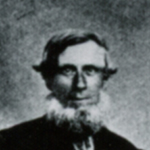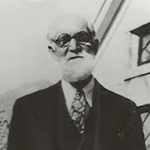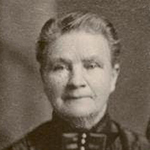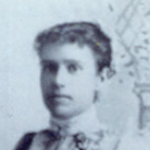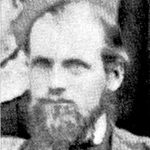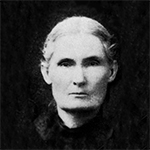Pioneer Ancestors
Dorothy’s past includes eight pioneer ancestors, and two well-known pioneer stories from the life of her great great uncle Joseph Lillywhite. The stories come from the following ancestors, who made their homes in Utah, Arizona, and Mexico:
- Great Great Grandparents
- Great Grandparents
- Grandparents
- Great Great Aunt & Uncle
Prophetic Counsel
Family History Work
Joseph Lillywhite
Joseph Lillywhite was Benjamin Lillywhite Jr.’s brother, making him Dorothy’s great great uncle. In 1866, he was severely wounded during an Indian raid on Lee’s Ranch, about 8 miles southeast of Beaver, Utah. Later he married Mary Ellen Willden, the young woman who nursed him back to health. In 1879, his family was called to the San Juan Mission, also known as the Hole in the Rock expedition.
